Whether dealing with curly hair, thick and coarse strands, or grey/mature hair, you can keep it healthy by properly moisturizing. Dryness is the number one cause of damage to the hair. But how to hydrate hair and ensure it stays moisturized? We are going to find out in this article.
Various factors, such as environmental influences, chemical treatments, and nutrient deficiencies, can cause dry hair. But whatever the cause of your dryness, moisturizing is key in keeping your strands healthy. Moisturizing helps to keep the scalp healthy, prevent breakage and improve elasticity. It also increases shine and bounces in textured or curly hair.
In this article, we will discuss how to moisturize different hair textures and determine the best way to prevent dryness.
Causes of Dry Hair
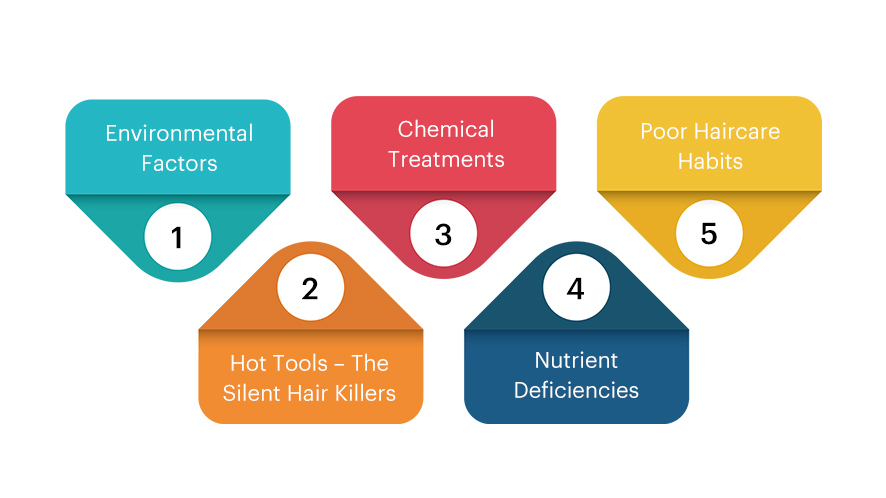
Before we learn how to moisturize hair, let’s take a quick look at the causes of dryness:
- Environmental Factors: Exposure to harsh weather conditions such as intense sun, wind, or cold can strip away the natural moisture from your hair, resulting in dryness. Similarly, pollution and dirty air can also have a damaging effect.
- Hot Tools – The Silent Hair Killers: Regular heat styling tools like straighteners, curling irons, or blow dryers can suck the life out of your hair, leading to dry and brittle locks. Less heat, more chic!
- Chemical Treatments: Who doesn’t like changing their hair look from time to time? But beware! Hair treatments like perms, coloring, or straightening can strip away the natural oils from your scalp and cause dehydration.
- Nutrient Deficiencies: Yes, what you eat does affect your hair! Deficiencies in vital vitamins like A, B3, C, and E can disrupt the balance of your scalp oils, resulting in dry hair.
- Poor Haircare Habits: Overshampooing, using harsh sulfate shampoos, and not conditioning enough can dry out your hair – especially if it is already weak or damaged.
How to Moisturize Your Hair?
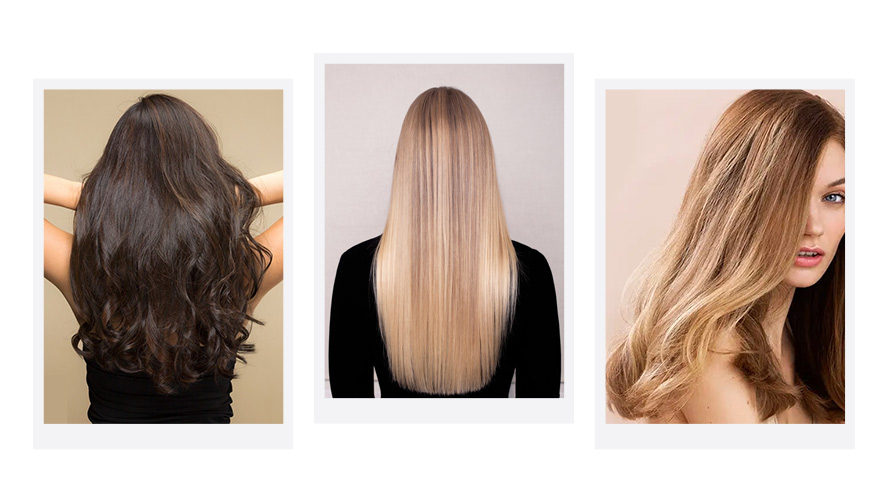
Moisturizing your hair depends on the texture and condition of your strands. Let’s look at the different types of hair and the best techniques for moisturizing each:
Curly Hair
Curly hair has a personality of its own, doesn’t it? While its twists and turns are a delight, it craves extra moisture! Well, the curly structure of your hair can prevent natural oils from reaching the ends, making it prone to dryness.
So, how can you keep those curls hydrated and bouncy? The key is to choose hair care products loaded with natural moisturizing agents, as curly hair needs more time to reach sebum (the scalp’s natural oil).
- Shea Butter: This magic ingredient, rich in fatty acids and vitamins, moisturizes your curls deeply and seals the moisture in, preventing dryness.
- Almond: This nutrient-packed oil seals hair cuticles and prevents frizz, keeping your curls voluminous and healthy.
- Monoi: This Polynesian oil blends coconut and Tahitian gardenia flowers, known for its intensely moisturizing effects.
- Avocado: It is rich in Omega 3 fatty acids and vitamin E, which nourish your hair from within and keep it healthy.
- Coconut Oil: A superstar in hair care, it penetrates the hair shaft, replenishing moisture and adding a glossy lush to your curls.
Remember to follow up with a deep conditioning treatment to lock in all that goodness. And don’t forget – always be gentle when detangling those curls.
Thick and Coarse Hair
Thick and coarse hair can signify strength and vitality, but it also becomes dry and unmanageable. It’s certainly not all doom and gloom, though! With the right hydration routine, your thick, coarse hair can be transformed into a glossy and shiny locks.
The key is to bear in mind that coarse hair needs a little extra TLC. Here are some natural ingredients that should be your new best friends in your hair care ritual:
- Argan Oil: Known as ‘liquid gold,’ Argan oil is packed with beneficial nutrients like vitamin E and fatty acids, which nourish and hydrate your hair, giving it a silky, smooth texture.
- Olive Oil: Rich in antioxidants and oleic acid, Olive Oil can help to soften thick and coarse hair while promoting scalp health.
- Avocado Oil: Rich in monounsaturated fats, avocado oil can penetrate the hair shaft and moisturize your hair, rather than sitting on top and coating your hair.
- Shea Butter: Shea Butter can provide lasting moisture for your hair and also help to protect it from environmental aggressors.
Fine Hair
Fine hair is often admired for its silky texture and shine. But don’t be fooled – even these delicate strands can encounter the dreaded dryness. Interestingly, the journey of natural oils (or sebum) is easier here, making fine hair less prone to dryness.
The trick to maintaining fine hair is a delicate balance – enough hydration to keep dryness at bay but not too much to maintain volume and bounce. Here’s how you can ensure your fine hair stays as fabulous as you are:
- Lightweight Oils: Opt for lightweight oils like almond or jojoba that hydrate your hair without making it greasy or heavy. They will ensure your fine hair gets enough nutrients without compromising the volume.
- Aloe Vera: This miracle plant is packed with enzymes and moisture, offering a hydrating boost without weighing down your fine hair.
- Green Tea: Rich in antioxidants, green tea can protect your delicate strands from environmental damage, while its stimulating effect can promote hair growth.
- Honey: A natural humectant, honey attracts moisture. This golden nectar can help keep your fine hair hydrated without the extra weight.
- Rice Protein: This ingredient can add volume and thickness to your hair while helping to keep it hydrated.
Mature Hair
As hair matures, it undergoes changes that may lead to dryness, thinning, and volume loss. Aging is natural; your hair can still radiate health and vitality. The secret lies in choosing the right hair care products and a proper hydration routine. Here’s how:
- Hydrating Shampoo and Conditioner: Opt for moisturizing shampoos and conditioners specifically designed for mature hair. They should contain ingredients that provide deep hydration and nourishment.
- Regular Deep Conditioning: Deep conditioning masks offer intensive moisture to your hair. Using them once a week can help nourish your strands, ensuring they stay hydrated and healthy.
Here are some natural ingredients to look out for in your hair care products:
- Coconut Oil: Rich in vitamins and essential fatty acids, it deeply hydrates and protects your hair.
- Aloe Vera: Known for its soothing properties, aloe vera helps maintain the pH balance, promoting hair health and retaining moisture.
- Green Tea: This antioxidant powerhouse stimulates hair follicles, promoting growth and adding sheen.
- Panthenol (Vitamin B5): This humectant attracts and retains water, providing long-lasting hydration.
- Argan Oil: This ‘liquid gold’ is packed with Vitamin E and fatty acids that deeply nourish, leaving your hair silky and shiny.
How to Moisturize Low Porosity Hair?
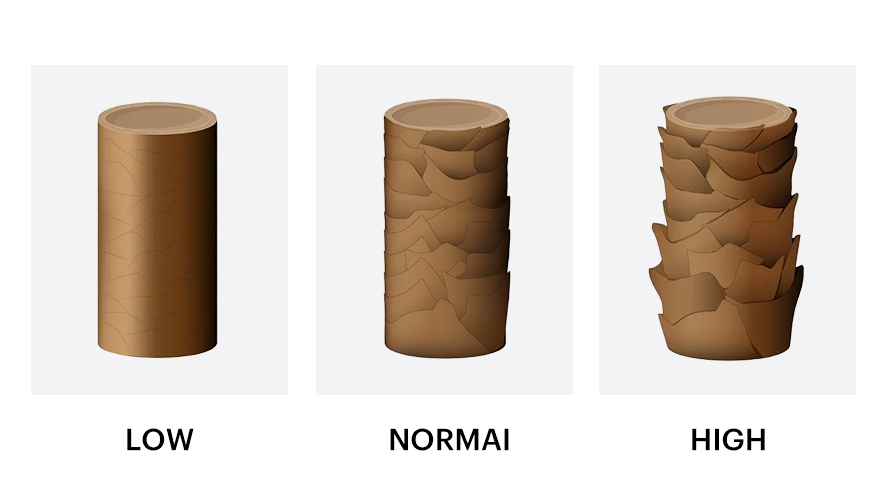
Hair porosity refers to your hair’s ability to absorb and retain moisture. If your hair has low porosity, the cuticles are tightly packed together, creating a resistant barrier.
This hair type takes its own sweet time to get wet and even longer to dry! While this means your hair is less prone to damage from chemicals and heat, it also implies it has difficulty absorbing the much-needed moisture.
Now, the question spinning in your mind – is how to hydrate these stubborn locks. Fear not; we’ve got you covered with a few nifty tips!
- Use a warm towel: Warmth can help open up those tightly-wound cuticles. Use a warm towel or steam cap to apply a hair mask or regular conditioner. Your hair will sip up all that moisture goodness.
- Acidic Products Are Your Friends: Hair products with a lower pH can lift the hair cuticles, enabling better moisture absorption. Look out for products with ingredients like aloe vera or apple cider vinegar.
- Avoid Protein-Heavy Products: Low-porosity hair is usually protein-sensitive. Protein-rich products can build up protein, making your hair stiff and straw-like.
- Opt for Lighter Oils: Heavy oils tend to sit on the hair rather than being absorbed. Using lighter oils like grapeseed or sweet almond oil can be a game-changer for your low-porosity hair.
- Don’t Forget to Clarify: Since low-porosity hair is prone to product build-up, using a clarifying shampoo once every two weeks can help remove any residue.
How to Prevent Dry Hair?
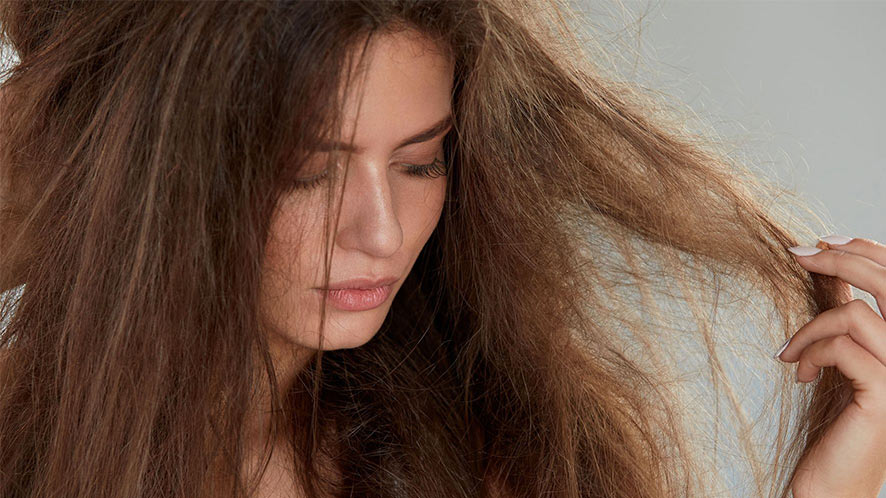
Preventing dry hair isn’t as daunting as it might seem. You just need some knowledge, a splash of consistency, and a hearty dose of patience.
Hydration is the key: Just like your body, your hair craves water to maintain vitality. So, increase your water intake and keep your hair happy and hydrated.
Ditch hot tools. Yes, they help you achieve those perfect curls or straight locks, but they’re roasting your hair. If you can’t part ways, at least ensure you use a heat protectant.
Choose the right products: Overloading your hair with harsh, chemical-laden products is a big no-no. Aim for natural, nourishing products that respect your hair’s integrity. Look for aloe vera, coconut oil, or shea butter with hydrating properties.
Regular trims: Snipping off those split ends keeps your hair looking neat and healthy and prevents further damage.
Proper nutrition: Your diet directly impacts your hair health. Load up on foods rich in Omega-3 fatty acids, Vitamin A, and protein to nourish your hair from the inside out.
Conclusion
Your hair is a reflection of your health and wellness. Taking the right steps to keep it hydrated and nourished can help you maintain its natural vibrancy and shine. With a few simple tweaks in your hair care routine, you too can enjoy healthy, beautiful locks – no matter your hair type!
Everyone’s strands are different, so it’s important to customize your hydration routine according to your hair type and needs. Don’t hesitate to talk to your stylist with any doubts or queries. After all, looking after your hair should be a collaborative effort!










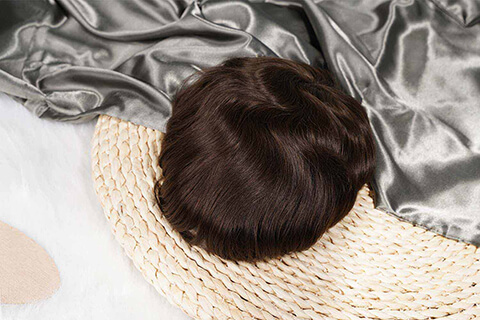
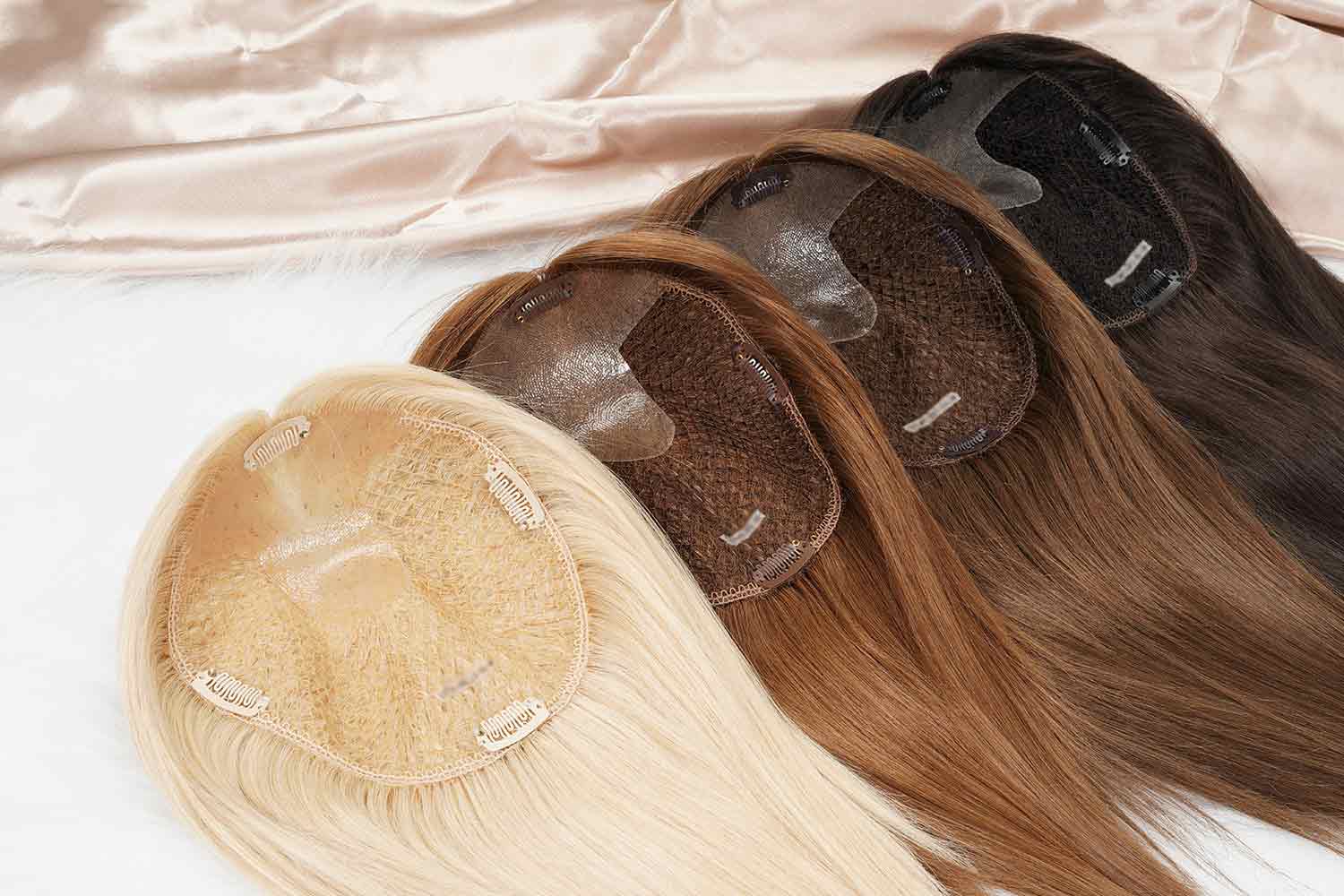
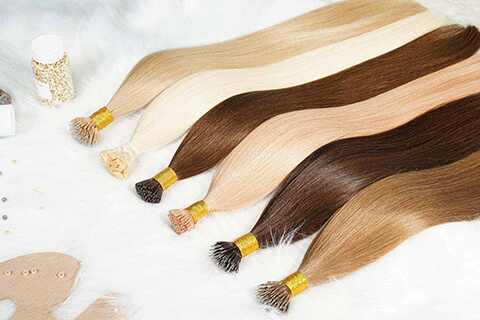
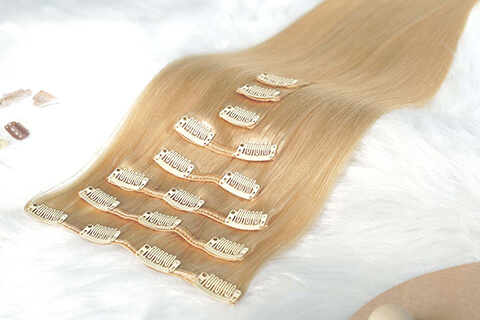
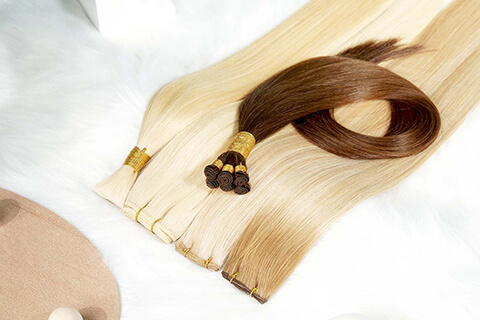
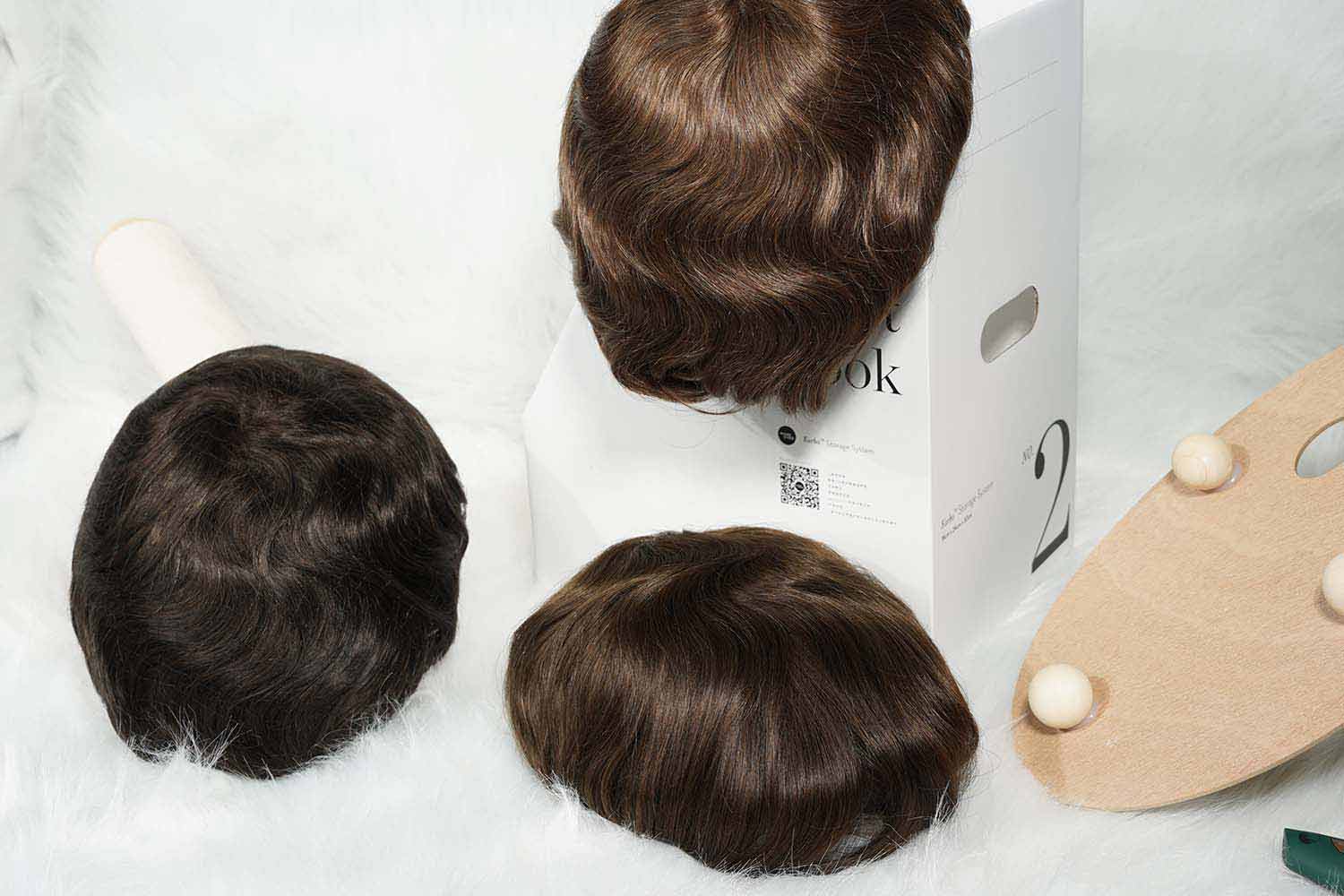
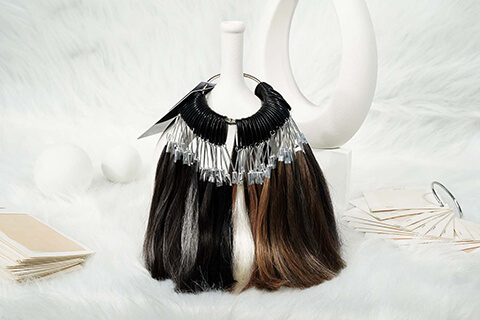
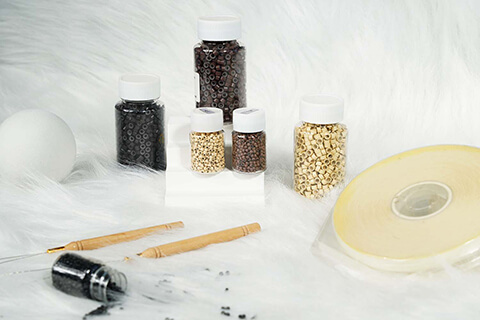
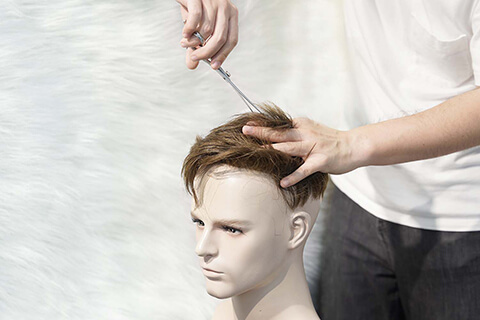


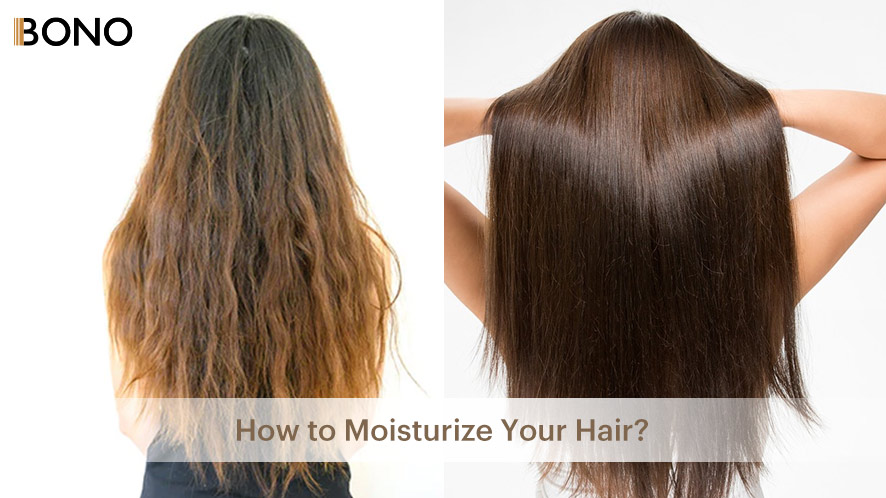
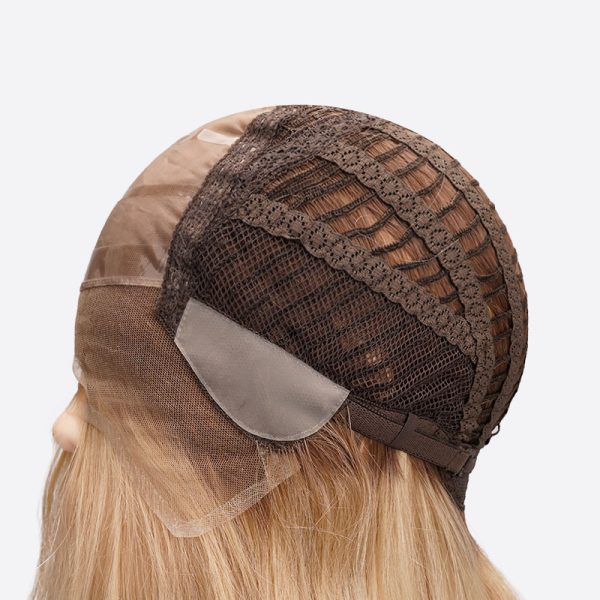
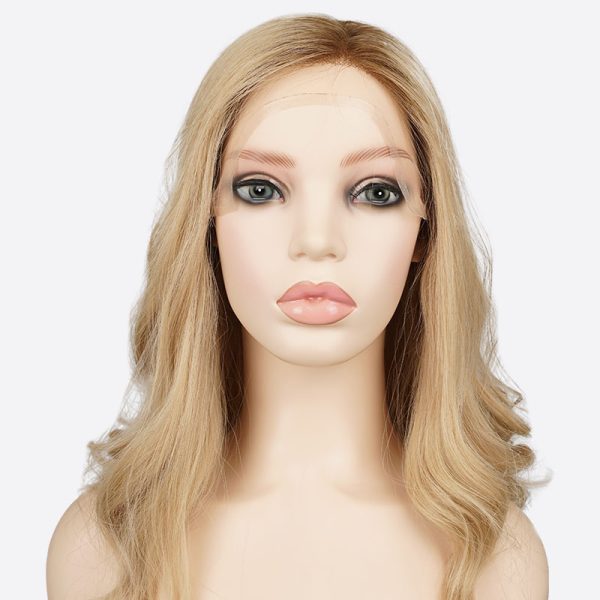
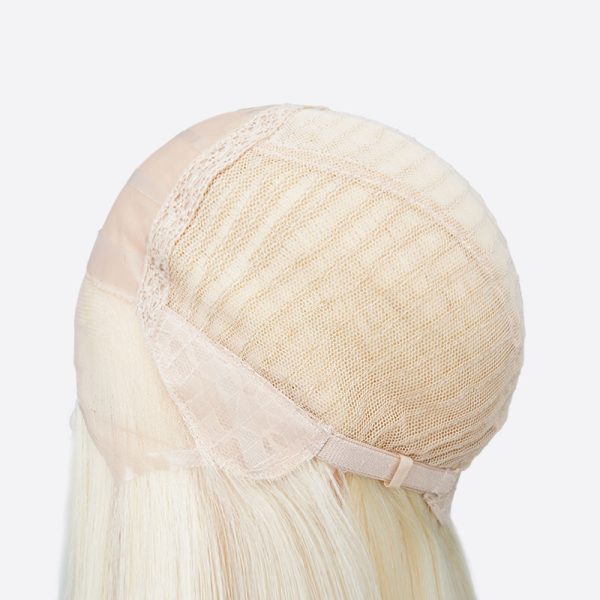
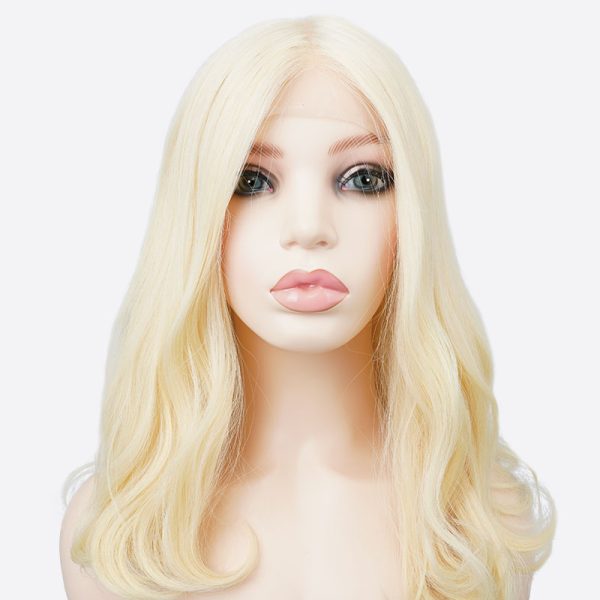
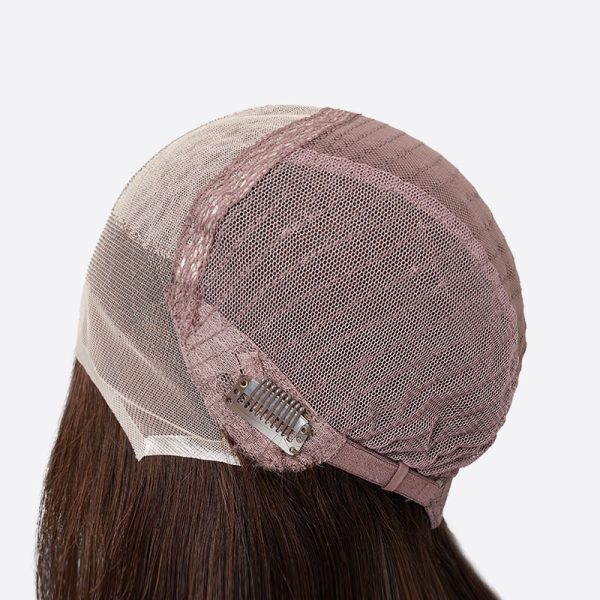
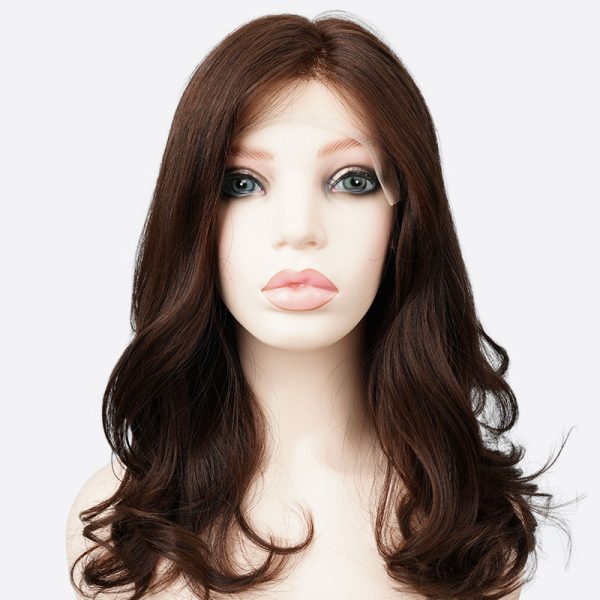
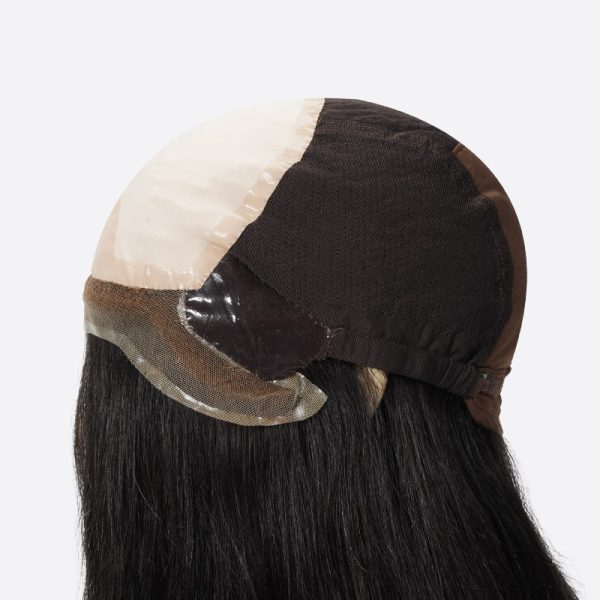
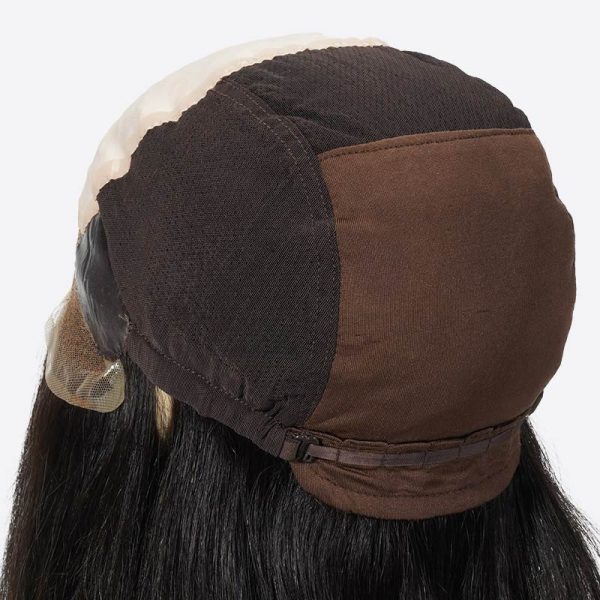





Usually I do not read article on blogs, however I would like to say that this write-up very compelled me to take a look at and do so! Your writing taste has been amazed me. Thanks, quite nice post.